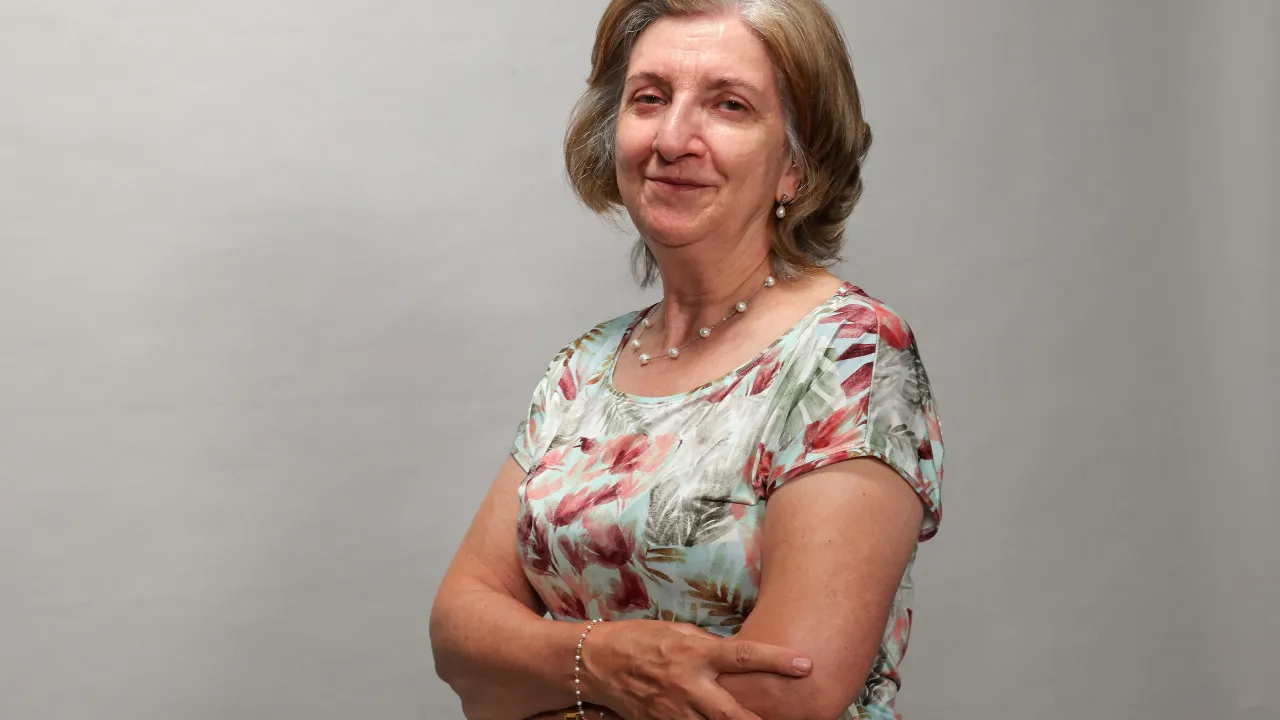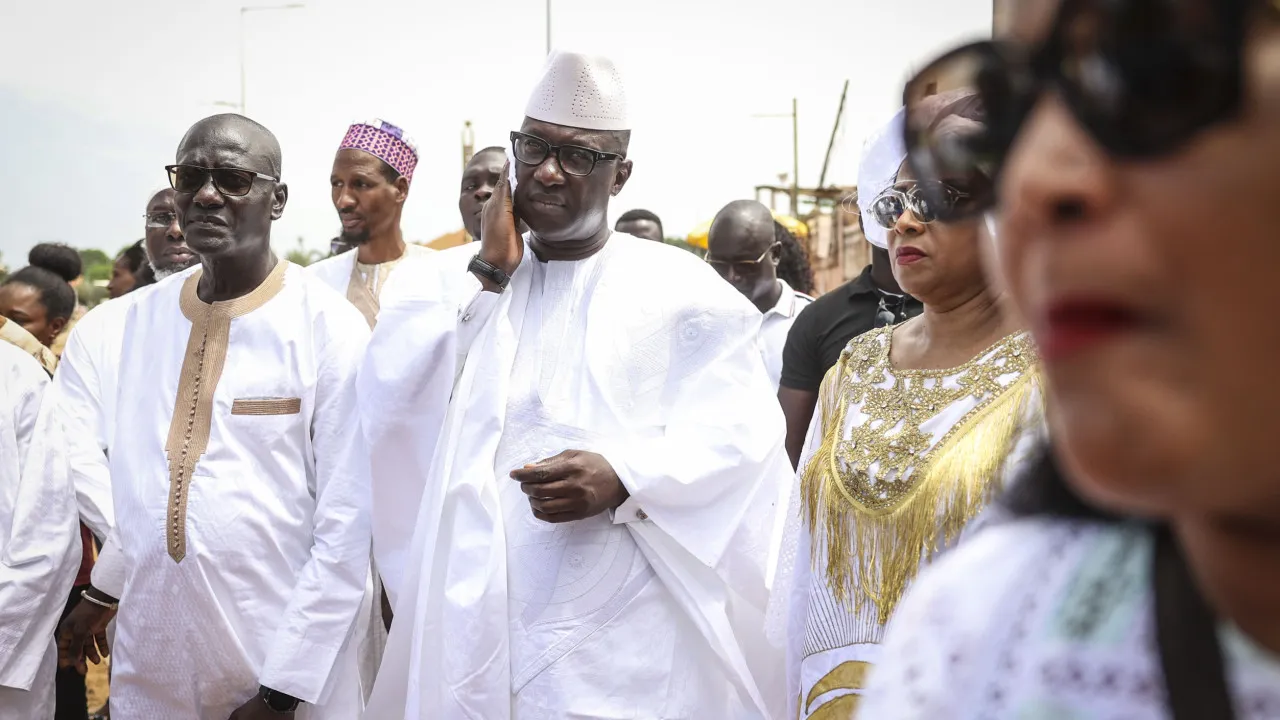
“We mentioned this in our public opinion, stating that the fight against disinformation should indeed be the subject of a clear strategy from the company itself, aimed at creating programs for this purpose,” emphasizes the official.
Deolinda Machado asserts that it cannot be “a mere line, just to claim that the issue of combating disinformation was considered.”
Furthermore, the matter is “too important, and disinformation is severe, causing confusion among people. We have the obligation, as a public service, to properly clarify what fake news is, what isn’t, and how to access sources, select and distinguish them,” the official continues.
Moreover, it’s essential “not to repeat messages, but to verify their authenticity.”
These are programs that need to be “designed for this purpose, to combat disinformation and support media literacy because learning happens every day,” states the president of the Opinion Council, whose current term has ended.
This learning occurs in schools “but not only there,” and “RTP has this major obligation,” she emphasizes.
Regarding the impact of artificial intelligence (AI), Deolinda Machado believes that we are still in a “knowledge phase.”
In other words, “we do not yet have an idea of what it can effectively be.”
As a principle, “it is always good, depending on how it is used,” she says, because all evolution is positive.
“Today, we don’t use a typewriter. That’s where I started typing; there was even a course for it, but now ‘I have the typewriter stored as a museum piece,'” she points out.
The president of RTP’s Opinion Council, whose term has ended, notes that the AI algorithm is created based on a thought, with a purpose: “And what is it?” she questions.
“That’s what we need to know. For what purpose? Is it to serve the population? Is it to inform with clarity and truth?” she asks, stressing the importance of fact-checking.
However, she admits that artificial intelligence is a tool that “can help immensely.”
For instance, “in reviewing numerous documents, with the right algorithm and correct indications, it will compile those documents, provided the question is well posed,” she continues.
“We also need to study more philosophy to ask better questions, because (…) it is indeed the questions that matter,” she notes.
And then, it is necessary “to verify,” as that work will not be dispensed with, in her view and in “the reflection we have made.”
Overall, “I think we really have a lot to learn,” however, artificial intelligence “is good,” but “it depends on the use we know how to give it,” she concludes.




